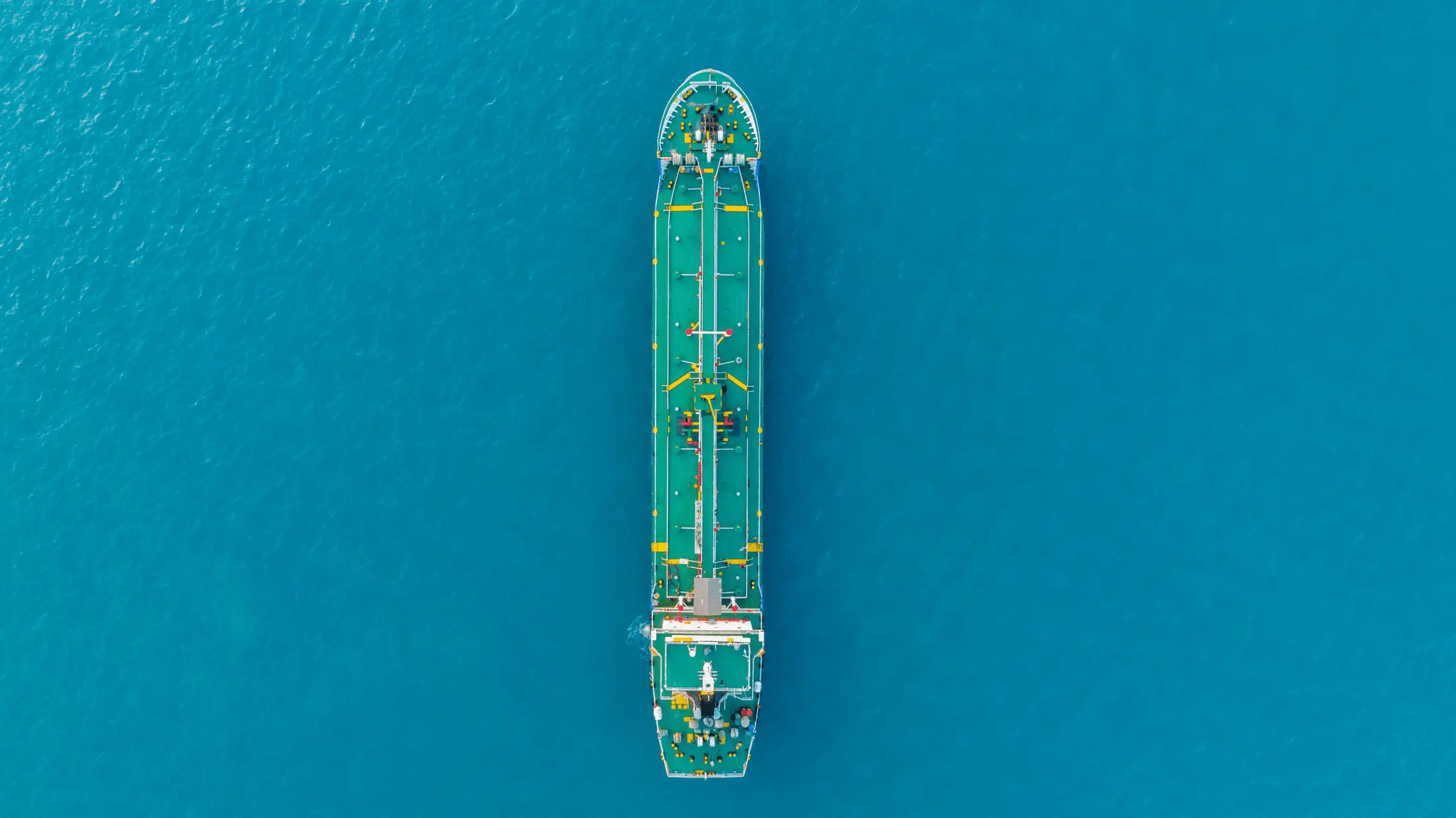The Recent Attacks & Their Impact
The recent spate of attacks on commercial vessels in the Red Sea has sent shockwaves through the global logistics industry, and the United States is not immune. This surge in piracy and ship attacks has forced many shipping companies to abandon the Suez Canal, the once-reliable shortcut between the Red Sea and the Mediterranean. This critical change in shipping routes has significant implications for businesses and consumers worldwide.
The Domino Effect of Rerouting
Every ship rerouted due to security concerns carries an average of 10,000 shipping containers. This mass rerouting has resulted in severe delays in delivering these goods, impacting everything from everyday consumer products to essential industrial supplies. The more extended travel through the Cape of Good Hope adds approximately 7-10 days to the journey, causing a ripple effect throughout the supply chain.
Skyrocketing Costs & Consumer Impact
The disruptions haven’t just impacted delivery times. The shift in shipping routes has resulted in a dramatic increase in shipping costs. Standard shipping containers, once costing around $1,500, have seen their prices jump to a staggering $5,500-$6,800. This cost rise is eventually passed on to consumers, potentially leading to higher prices for a wide range of goods.
Looking Forward: Navigating Uncertainty
The logistics industry is working diligently to adapt to this evolving situation. Companies are seeking alternative routes and exploring strategies to mitigate delays and cost increases. As the problem in the Red Sea remains fluid, the full extent of the long-term impact on the logistics industry and global trade is still unfolding.
Sources:
J.P. Morgan
The World Economic Forum
Crown Worldwide
CSIS Center for Strategic and International Studies
UN News


